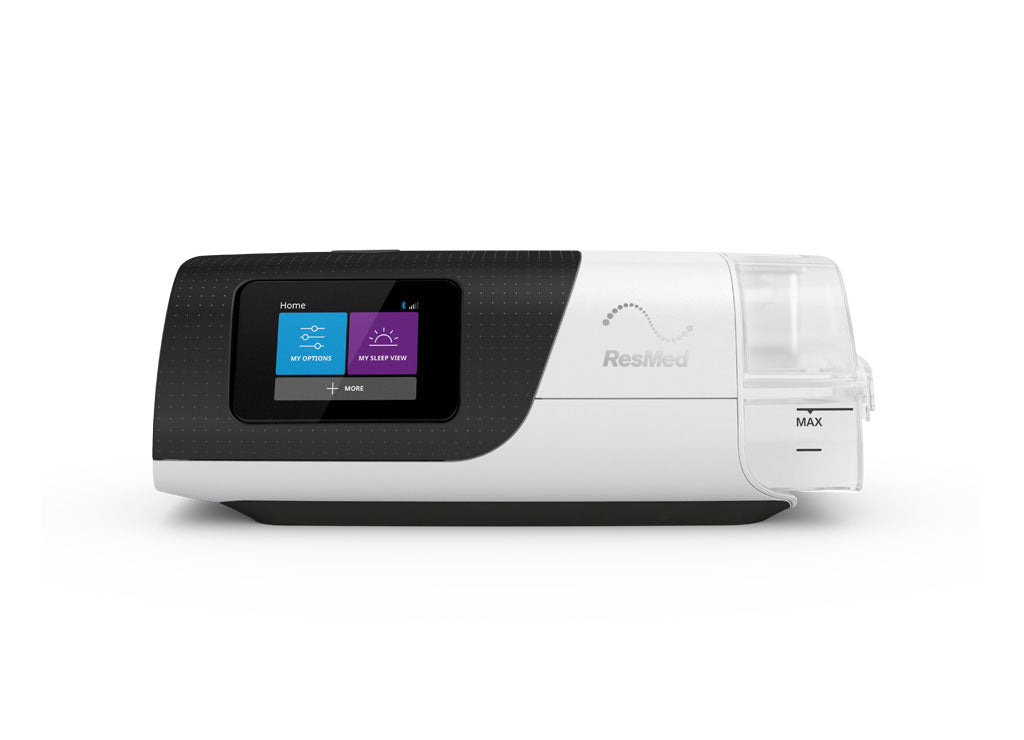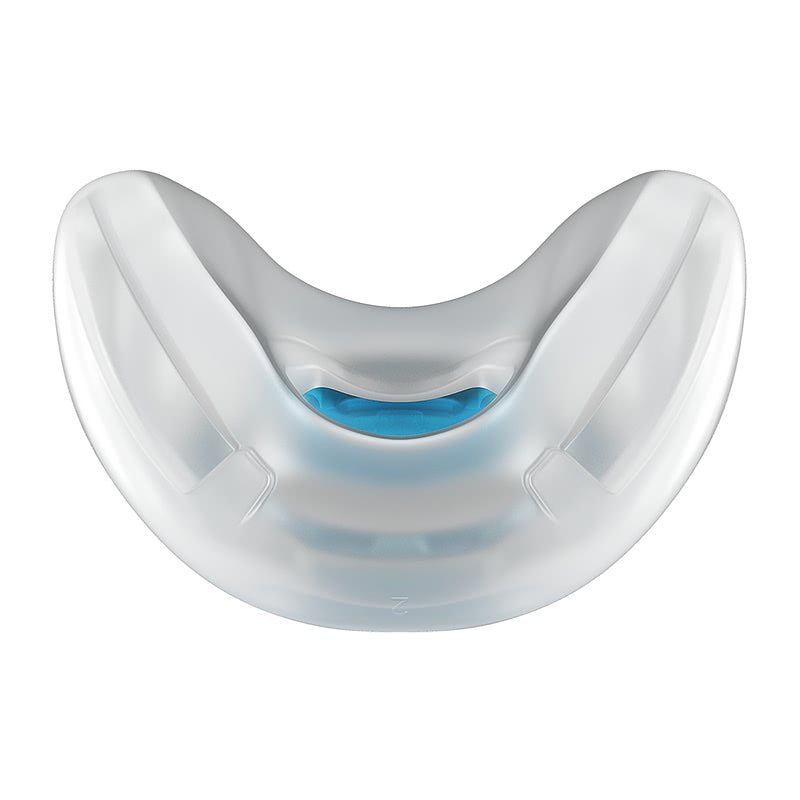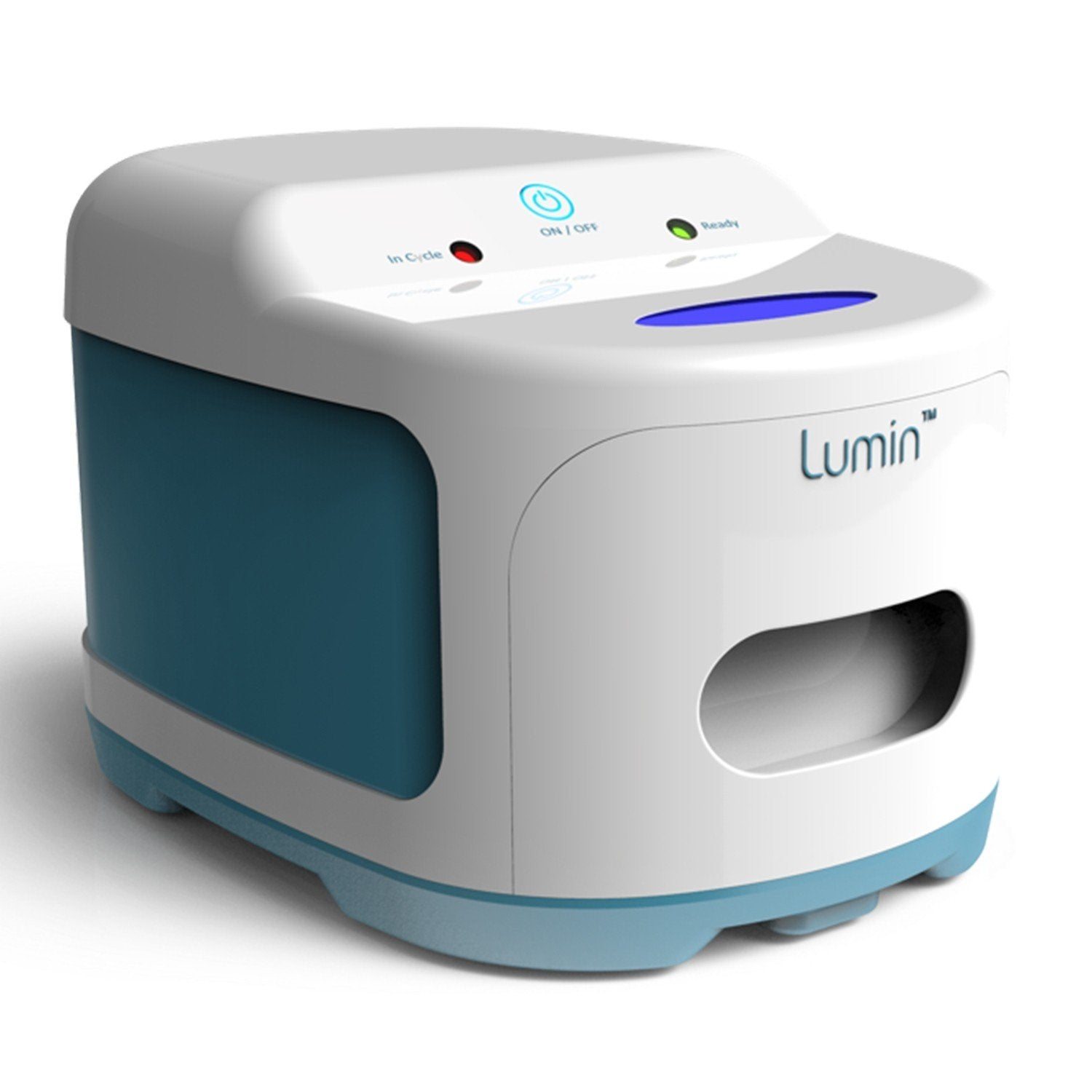
How often should you change your cpap filters?
Share
CPAP filters are an integral part of the machine that helps to remove dust, pollen, and other airborne irritants from the air supply before it enters your airway. Over time, these filters become clogged with debris, making it harder for air to pass through and reducing the machine's efficiency. This can lead to a build-up of bacteria, mold, and other harmful particles that can be released into the air you breathe.
Regularly changing your CPAP filters is crucial for several reasons. Firstly, it helps to maintain the machine's effectiveness in treating sleep apnea. When the filter is clogged, the air pressure delivered by the machine may not be sufficient to keep the airway open, which can lead to disruptions in sleep and increased symptoms of sleep apnea.
Secondly, regular filter replacement can help to prevent the build-up of harmful particles in the machine, ensuring that the air you breathe during therapy is clean and healthy. A dirty filter can harbor bacteria, viruses, and other allergens, which can cause respiratory infections and other health issues.
Thirdly, regular filter replacement can prolong the life of your CPAP machine. When filters are not changed regularly, the machine has to work harder to compensate for the reduced airflow, which can lead to increased wear and tear on the motor and other components. This can result in a shorter lifespan for the machine and the need for costly repairs or replacement.
So, how often should you change your CPAP filters? The answer depends on the type of filter you use and the environment in which you use the machine. In general, disposable filters should be changed every 30 days, or sooner if they appear dirty or discolored. Washable filters should be cleaned every two weeks and replaced every six months. However, if you live in a dusty or polluted area, you may need to change your filters more frequently.
In conclusion, regularly changing your CPAP filters is essential for maintaining the effectiveness, hygiene, and longevity of your CPAP machine. By following the manufacturer's recommendations for filter replacement and keeping a close eye on the condition of your filters, you can ensure that your CPAP therapy is providing optimal benefits for your sleep apnea treatment.




